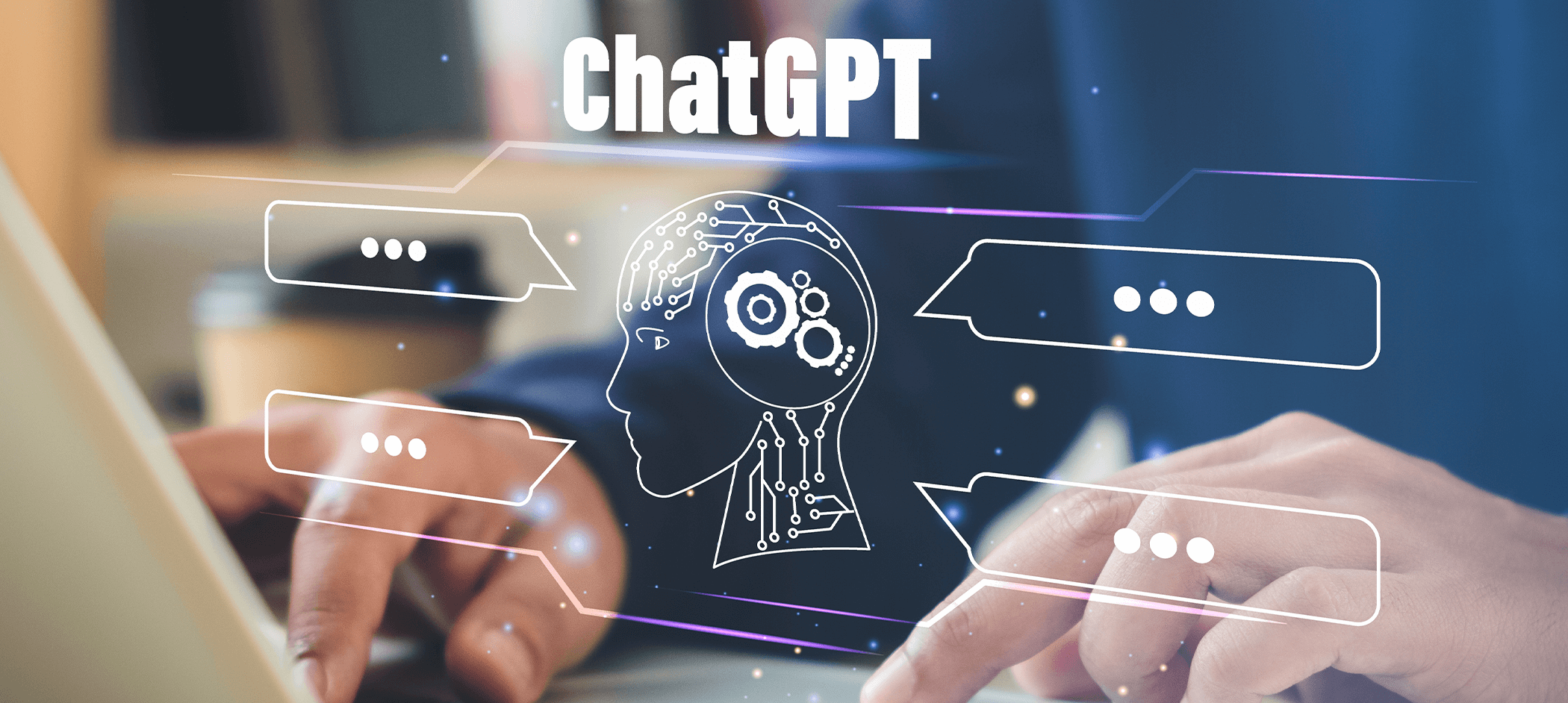Chat GPT & Bing AI

In recent years, artificial intelligence has become increasingly prevalent in our lives, from virtual assistants on our smartphones to the chatbots on our favourite websites. The recent launch of ChatGPT may have kick-started a revolution in the way we interact with technology and created new possibilities for the future.
ChatGPT is an AI language model created by OpenAI that can converse with people on a wide range of topics. It is based on the GPT-3 (Generative Pre-trained Transformer 3) language model, which uses machine learning to generate text that is indistinguishable from that written by humans.
ChatGPT is designed to simulate a human-like conversation and can respond to a wide range of questions, from the mundane to the complex.
It uses deep learning techniques to analyse and understand language patterns. It has been trained on a massive amount of text data, including books, articles, and websites, which allows it to generate accurate and relevant responses to a wide range of questions. It uses natural language processing (NLP) to analyse the user’s question and generate a response that is relevant and coherent.
It’s not perfect of course. It still returns incorrect information that is not correct, and this could have far-reaching consequences if not spotted. For instance, if you are using it to create code for you for a website, and you don’t notice that there is a bug in what it produces, then it may be hard for you to track down when you start receiving errors.
Or if you’re using it to help write a text for work or for school, it might use the wrong date, or use factual errors in the information it is providing. If you’re using it and not checking it’s work carefully, it might come back to bite you!
Then there are the questions about attribution and licensing. It’s assumed that the models have been trained on publicly available data – but it’s not always clear – and if this is the case, is the source data accurate? I’ve seen examples where people have asked ChatGPT to write biographies of themselves, only to find out it’s told them that they were at events they weren’t, or even invented technologies.
However, despite these issues, the ability to quickly and easily use ChatGPT with such a low barrier to entry means that it will clearly have a major impact on how we use information in the future, and has the potential to be highly disruptive to many industries.
We’ve already seen actions being taken in education and business to try and mitigate problems that are being uncovered by its usage. It’s important that politicians and business leaders are aware of the influence that ChatGPT can have on sectors of the economy that they are involved in, and are able to react in a measured, considered way.
There are often false dawns in the tech space. I remember being told in the mid-90’s that VR was the next big thing, and it’s still not really caught on despite the best intentions of the gaming industry.
But it’s clear to me that ChatGPT really could be the start of a new wave of disruption in the digital space, equal in my view to the introduction of the first iPhone. That took a couple of years to bed in, but it changed everything. This has the potential to do the same.
